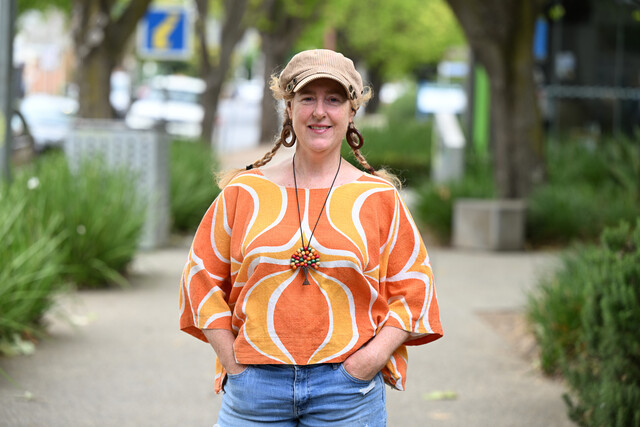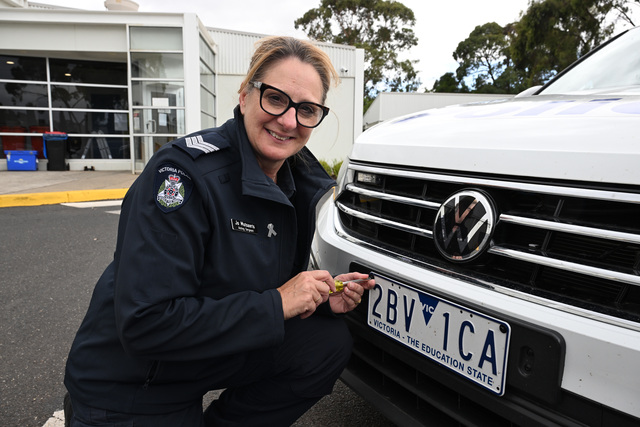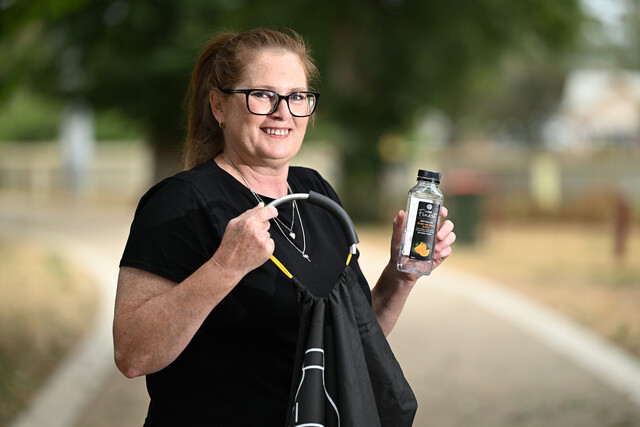More than 30,000 Melton women are putting their health at serious risk, with the municipality identified as having one of the lowest pap test rates in the western suburbs.
Releasing a four-year plan to improve sexual and reproductive health last week, Women’s Health West said latest figures showed only 51.6 per cent of Melton women aged 20-69 had a pap test in the three years to 2011.
The plan is aimed at key population groups that commonly experience poor health.
Melton women aged 20-24 fared worst, with only 36.2 per cent having had a pap test from 2009-11.
Women are advised to have the test, which detects changes to the cervix before cervical cancer develops, every two years.
A Taylors Hill resident, 26, who did not want to be named, visited a clinic last week for her first pap test in three years. She said a friend’s health issues prompted her to get tested.
“I always put off having a pap smear because it’s an uncomfortable experience,’’ she said. “But recently a friend of mine, who is only 25, got pre-cancerous cells lasered off and she had no symptoms, so that pushed me to get checked.”
Westcare Medical Centre general practitioner Graham Jacobs said he had some patients older than 50 who had never had a pap test.
“The figures don’t surprise me,” he said. “I think we need something like the immunisations register; you need a way of encouraging doctors to chase up women who haven’t had them.”
The report showed chlamydia cases in Melton increased by 59.6 per cent in the three years to 2011, to 284.
Latest Health Department figures show there were 339 recorded cases of chlamydia in Melton in the 12 months to October.
Women’s Health West chief executive Robyn Gregory said a lot of work needed to be done to improve health outcomes.
“Melbourne’s west is lagging behind the rest of the state on a range of sexual and reproductive health indicators,” she said.
“Sexually active young people are less likely to report practising safe sex with a condom, and our cervical screening rates are significantly lower than the state average.
“Notifications of chlamydia in the region have increased by 21 per cent in the past three years.”
















